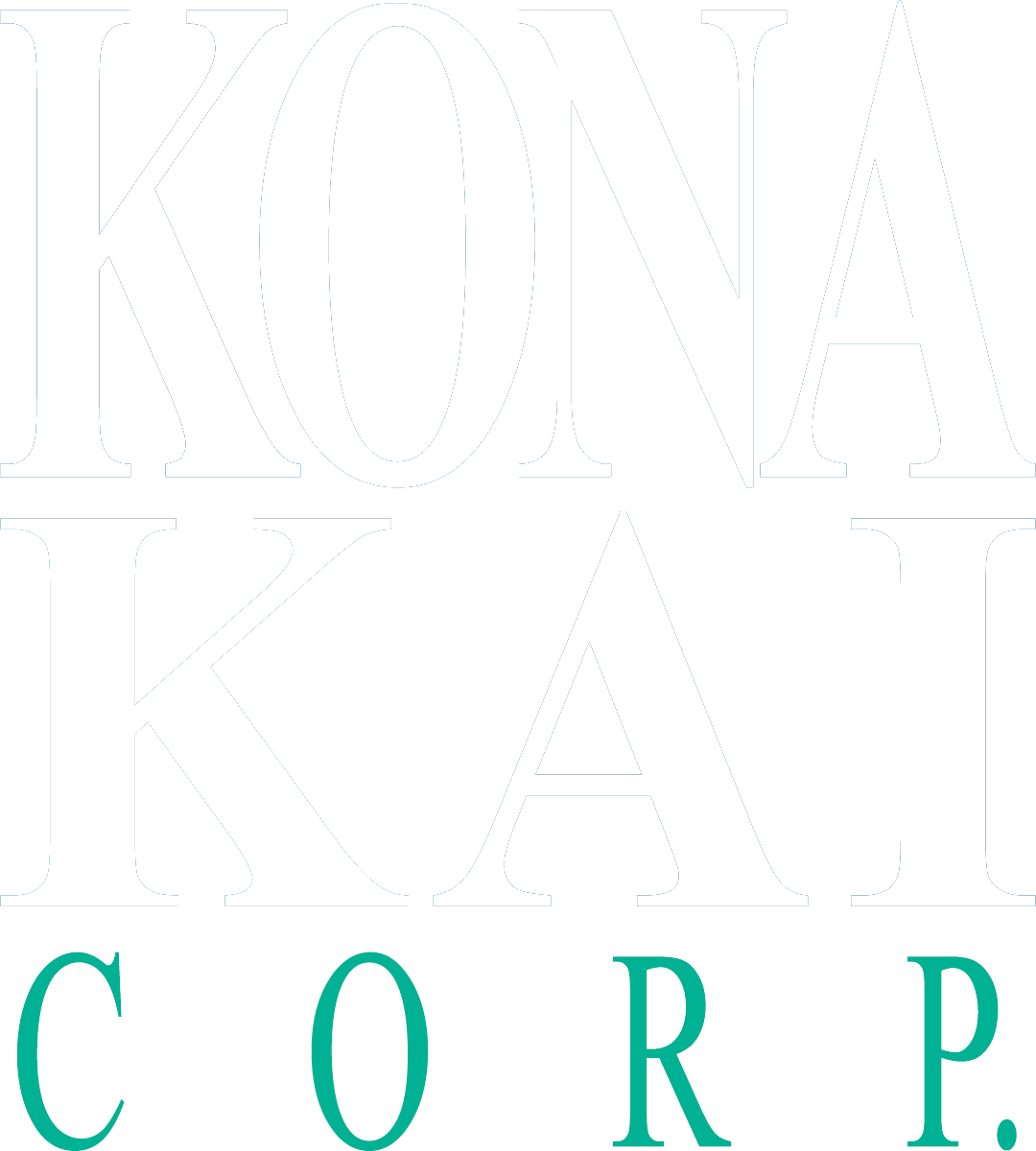CRM Integration Best Practices and Common Pitfalls to Avoid
What is CRM integration?
Customer Relationship Management (CRM) integration is the process of connecting software tools with a CRM so the systems can talk to each other. Integration can mean data sharing, or it can involve one system triggering an action in another. Integrations create a seamless flow of information between disparate systems, allowing data to be updated automatically from multiple sources.
Common CRM integrations include source systems or systems of record for operational data like claims, enrollment, fulfillment, billing, and many more depending on the industry. They can also include email service providers (ESPs), reporting tools, marketing automation, and even resource planning systems. The data required to properly feed a meaningful CRM can be vast.
Why are integrations important?
Integrating your CRM with the other tools in your tech stack is critical for maintaining a single source of truth for accurate, updated data across your enterprise. With CRM integrations, you won’t have to worry about jumping between systems or missing crucial details as you manage huge amounts of data. By integrating your CRM with other key business tools and platforms, you can centralize customer data, automate workflows, and gain valuable insights into customer behavior. These integrations allow you to streamline processes, increase efficiency, and ultimately drive revenue growth.
To maximize the value of your CRM system, seamless integration is essential. Proper CRM integration streamlines processes, enhances data flow, and boosts overall productivity, helping your business achieve its goals more efficiently. However, overlooking key steps or making common mistakes during implementation can hinder the success of your CRM strategy.
Best practices for integrating CRM software
Learn from the experiences of businesses that have gone through CRM integration and discover the dos and don'ts that can make or break your integration projects. By following these guidelines, you'll be well-equipped to navigate the complex terrain of CRM integration and reap the full benefits your CRM, and subsequent integrations, can provide.
These key steps can ensure a seamless CRM integration and reduce common CRM implementation mistakes.
The Dont's: Commonly Overlooked Steps in CRM Implementation
- Don’t ignore data quality: Data is paramount during CRM integrations, as its accuracy and reliability impact the success of the system. Inconsistent or incorrect data can cause issues across integrated platforms, leading to inefficiencies. Prioritize data quality by regularly auditing and cleaning your data, establishing data governance policies, and investing in data validation processes. Clean data ensures a smoother transition, reduces disruptions, and boosts user confidence in the CRM system.
- Don’t overlook data security: Neglecting data security measures can lead to data breaches, exposing sensitive customer information and damaging your reputation. Implement robust security measures, including encryption, access controls, and regular data backups. Stay updated with industry best practices and compliance regulations to protect customer data. Conduct thorough vulnerability assessments and penetration testing to identify and address any potential security weaknesses. Stay up to date with the latest security best practices and comply with relevant data protection regulations. By prioritizing data security, you'll build trust with your customers and protect your business from potential risks.
- Don’t overcomplicate the integration process: Keep the integration process as simple as possible. Avoid unnecessary customizations or complex workflows that can lead to confusion and errors. Focus on streamlining processes and providing a user-friendly experience.
- Don’t underestimate integration time: Integration takes time. Underestimating the time required can lead to rushed implementations, increasing the likelihood of errors. Plan for a realistic timeframe to ensure a thorough and error-free integration process. And remember, accessible and reliable data is typically the long pole in a CRM initiative, so do plan accordingly.
- Don’t neglect user adoption and feedback: User adoption and feedback is crucial for successful CRM integrations, as end-users help identify discrepancies and improve system functionality. Actively seeking feedback ensures data accuracy, refines the integration process, and fosters a culture of continuous improvement, leading to a more seamless and user-friendly CRM system.
The Do's: Successful CRM Integration Steps
While it's essential to be mindful of the pitfalls and potential challenges in CRM integration, it's equally important to focus on proactive strategies to ensure success.
- Do define clear objectives: Prior to CRM integration, clearly define your goals—whether improving customer relationships, streamlining processes, or boosting sales. Identify target data sources, integration methods, and create a roadmap with key steps and milestones to ensure a purposeful integration that aligns with your business goals.
- Do invest in scalability: Scalability ensures that the CRM system can adapt and accommodate growing data volumes, user numbers, and diverse business processes without compromising performance. Without a scalable CRM integration, businesses risk encountering bottlenecks, decreased efficiency, and potential disruptions in customer service. By prioritizing scalability from the outset of CRM integration, organizations position themselves to not only meet current needs but also to future-proof their systems, fostering agility and resilience in the face of evolving business requirements.
- Do ensure ongoing data integrity: Data integrity is critical when integrating a CRM system. Inaccurate or incomplete data can lead to serious issues and hinder the effectiveness of your CRM system. Before starting the integration process, perform a thorough data audit to identify any inconsistencies or errors in your existing data. Cleanse and standardize the data to ensure its accuracy and completeness. During the integration process, establish data mapping rules to ensure seamless data transfer between your existing systems and the CRM. Regularly monitor and validate the data to maintain its integrity. By prioritizing data integrity, you'll be able to make informed business decisions and provide a better experience for your customers.
- Do train your team: Comprehensive training is essential for successful CRM integration. Ensure your team understands the system's features, data sources, integrations, and timing nuances. This empowers them to navigate complexities, troubleshoot effectively, and maintain data accuracy. A well-trained team will optimize the CRM’s potential, increasing productivity and ensuring integration success.
- Do regularly update and maintain: Stay current with software updates and regularly maintain your CRM system. This ensures that you leverage the latest features, security patches, and performance improvements, keeping your system robust and secure.
- Do hire a partner to help: Hiring a trusted partner for CRM implementation can make a significant difference in ensuring a smooth and successful integration. Experienced consultants or vendors bring invaluable expertise to the table, offering guidance on best practices, customization, and troubleshooting that might not be immediately apparent to internal teams. They can help you avoid common pitfalls, minimize disruptions, and ensure the CRM system is tailored to meet your unique business needs. A good partner also provides post-implementation support, ensuring your CRM continues to evolve and deliver value long after the initial setup.
Summary: Quick Tips for Successful CRM Integration
- Define Clear Objectives: Ensure your CRM integration aligns with your business goals and objectives.
- Involve Stakeholders Early: Engage key stakeholders from different departments to ensure the system meets everyone's needs.
- Choose the Right Partner: Work with experienced consultants or vendors who can guide you through best practices and customization.
- Ensure Data Quality: Clean, organize, and prepare your data before migration to avoid complications.
- Test Thoroughly: Conduct extensive testing to identify and address issues before full implementation.
- Provide Adequate Training: Offer comprehensive training to users to increase adoption and minimize errors.
- Plan for Ongoing Support: Have a clear plan for post-implementation support and continuous improvement.
- Communicate Regularly: Keep your team informed of the integration process to avoid confusion and ensure a smooth transition.
Need Expert Guidance?
Engaging a consulting company for CRM integration is a strategic move that offers invaluable expertise and experience. Kona Kai brings a deep understanding of industry best practices, various CRM platforms, and the complexities associated with integration. Our tailored approach ensures a unique solution aligned with the organization's specific needs, expediting the deployment process and minimizing downtime. By proactively identifying and mitigating risks, we reduce the likelihood of disruptions and data loss. Moreover, our support in change management and training programs facilitates a smoother transition for the organization, ultimately leading to more efficient, cost-effective, and future-proofed CRM integrations.
INSIGHTS












